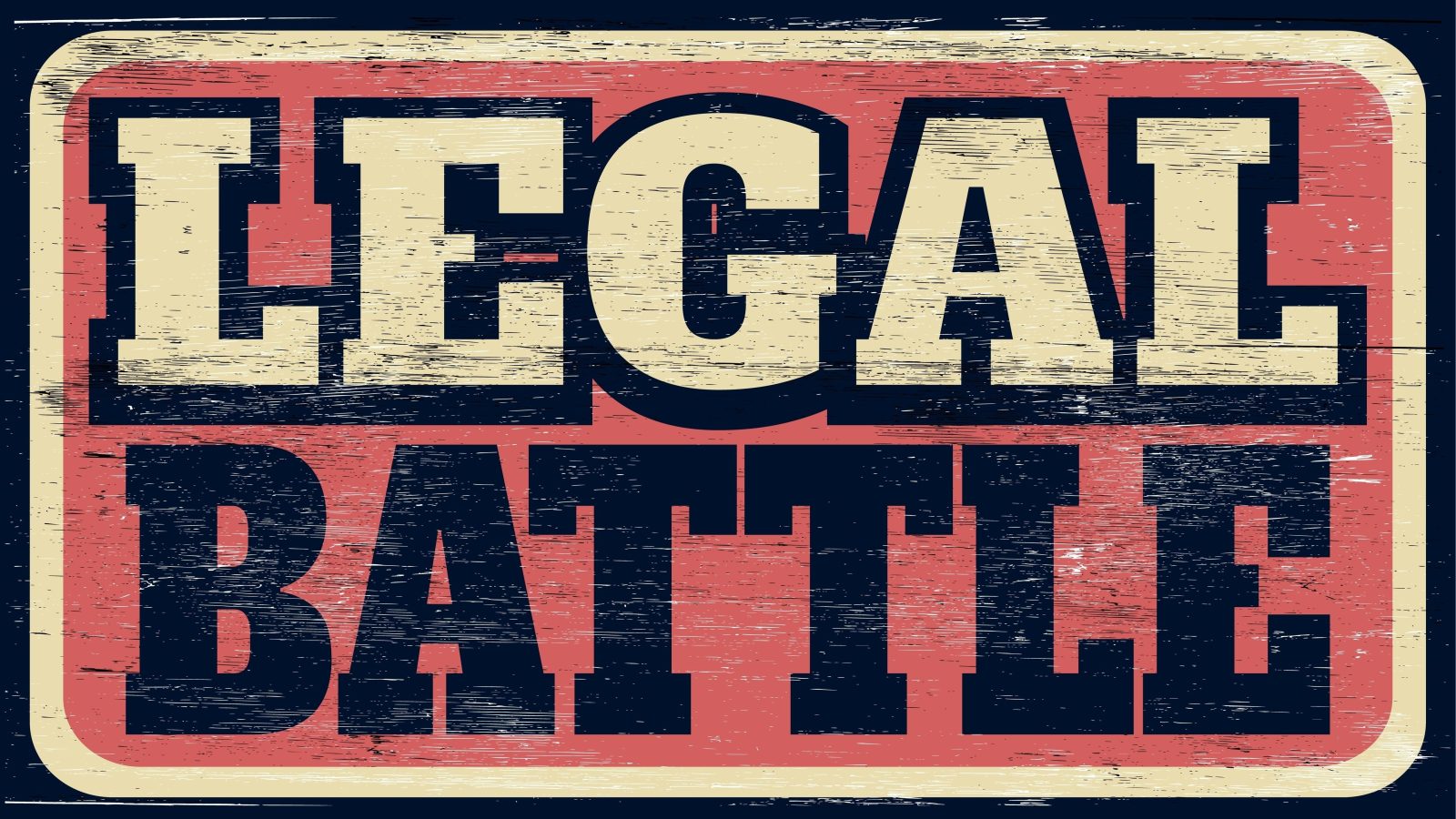Attorneys for prediction market Kalshi leaned heavily into a judicial win in Nevada and its implied importance to the greater good in responding to the state of New Jersey’s defense of a cease-and-desist order scheduled to take effect on April 30.
In a response filed Wednesday, Kalshi cited a Nevada District Court’s decision to issue a temporary restraining order against a cease-and-desist there. The court cited potential irreparable harm to Kalshi if the prediction platform was forced to take down its sports-related prediction markets.
Kalshi said in its filing that the cases involve “almost identical issues.”
At the heart of Kalshi’s claim is that as a designated contract market (DCM) it is governed federally by the Commodity Futures Trading Commission (CFTC) and therefore not beholden to laws of states like New Jersey, Nevada and Maryland, which have ordered them to stop making markets on sports events.
Kalshi attorneys, who assert that DCMs are among the most “heavily regulated entities on Earth” already, requested a hearing before the April 30 deadline.
This has been a busy week for Kalshi and its legal team. The company filed suit to stop a cease-and-desist order from the Maryland Lottery and Gaming Commission on Monday, initiating what Goodwin partner and prediction markets observer Andrew Kim opined could be an attempt to clear a path for U.S. Supreme Court involvement.
The state of Nevada Wednesday filed a motion asking the court to dismiss Kalshi’s suit there.
Six states have filed cease-and-desist orders seeking to stop Kalshi or other prediction markets from offering sports events contracts in their borders, while four more have disclosed that officials are investigating aspects of the platforms.
Kalshi attempts to break down NJ arguments
Kalshi attorneys asserted that “because Kalshi is a CFTC-designated DCM, it is subject to the CFTC’s exclusive jurisdiction and state law is field preempted.”
The Kalshi document continued: “The [Nevada] court further concluded that Kalshi showed “a likelihood of irreparable harm” because Kalshi was threatened “with imminent civil and criminal enforcement if it does not stop offering” event contracts.”
In its filing in defense of the cease-and-desist, New Jersey suggested that Kalshi apply for a gaming license if it wishes to continue offering sports contracts with its customary blend of politics, culture and economics.
Kalshi claims that potential solution is “wrong for reasons that are critically important to this case,” specifically that by adhering to New Jersey’s ban on in-state college markets it would have to remove them nationally.”
Other states would follow, Kalshi speculated in the document, “resulting in chaos and unpredictability” that would inevitably result in a loss of not only profitability but reputation for the company.
From the filing: “Defendants agree as far as reputational harm is concerned; they make no effort to rebut Kalshi’s claim that it will suffer reputational harm absent an injunction. Loss of goodwill alone can constitute irreparable harm.”
Kalshi also rejected New Jersey’s arguments that Congress codified federal control of prediction markets with 1974 amendments to the Commodity Exchange Act (CEA), claiming the opposite was true, “as confirmed by every conceivable marker of legislative intent.”
Claim Kalshi attorneys: “Defendants offer no plausible contrary reading of the statutory grant of “exclusive jurisdiction” to the CFTC over trading on DCMs.”
Kalshi says that assertion is “refuted” by the same CEA provision it claims “authorizes the CFTC — not 50 different states—to evaluate state law in determining whether certain event contracts are against the public interest.”
New Jersey attorneys also attacked Kalshi’s position on a technical issue that sports betting markets, unlike traditional forms of commodities available for speculation, are not actually “swaps” because they don’t offer a position on a tangible product and don’t represent “a potential financial, economic, or commercial consequence.”
Kalshi deems that position “untenable,” citing its 2025 markets on the Masters and the fact that television viewership rose by 33% from 2024 with “enormous financial consequences for CBS and advertisers.”
It attempted to turn New Jersey’s gambling regulations against themselves with another example using a state college basketball team:
“When Saint Peter’s University in 2022 made a historic run to the Elite Eight of the NCAA Basketball Tournament, its run had millions in financial implications for the school, its community, and its conference. … These are actual and significant financial consequences; they easily qualify as “potential” economic consequences under the CEA.”
Closing Line Consulting head Dustin Gouker deemed Kalshi’s arguments overall as “not great” in a LinkedIn post on Thursday, and suggested the “swaps” defense was specious.





